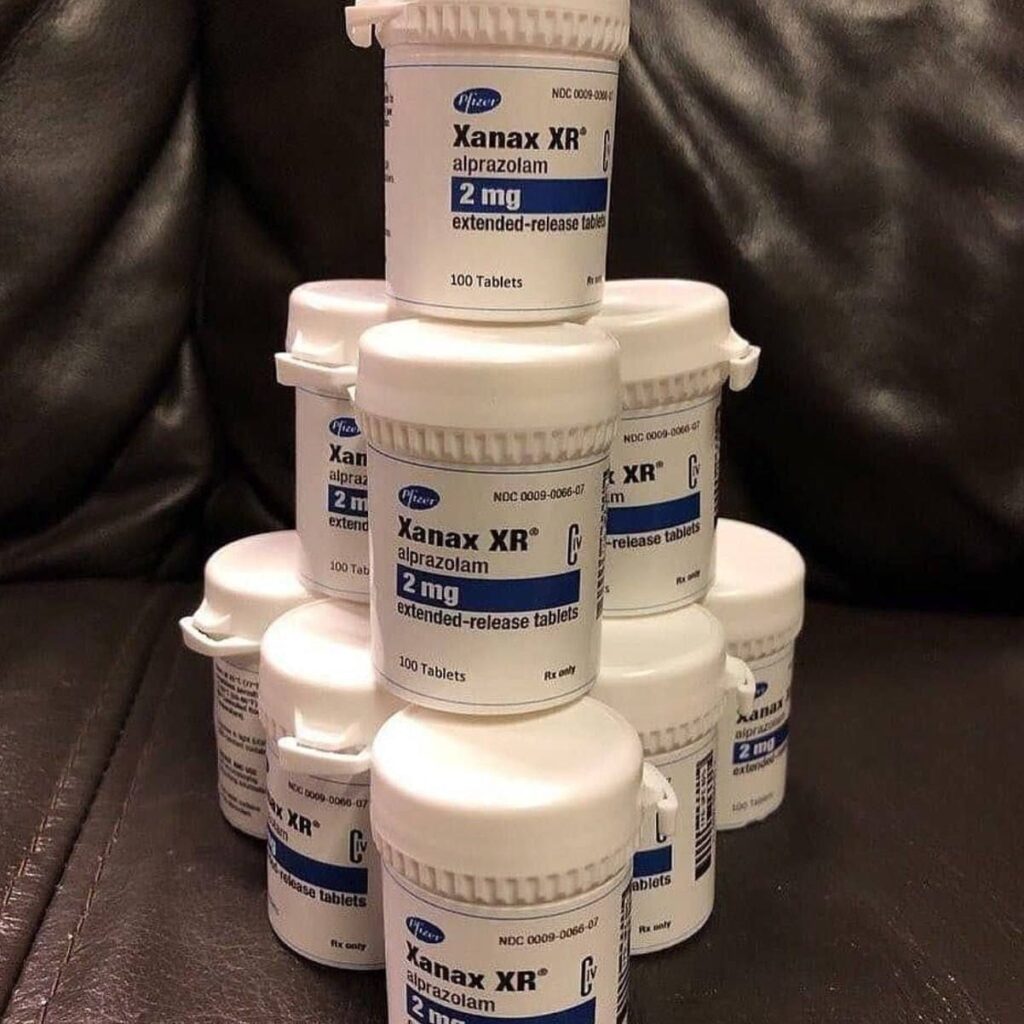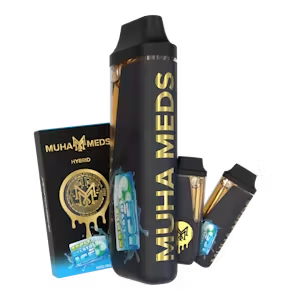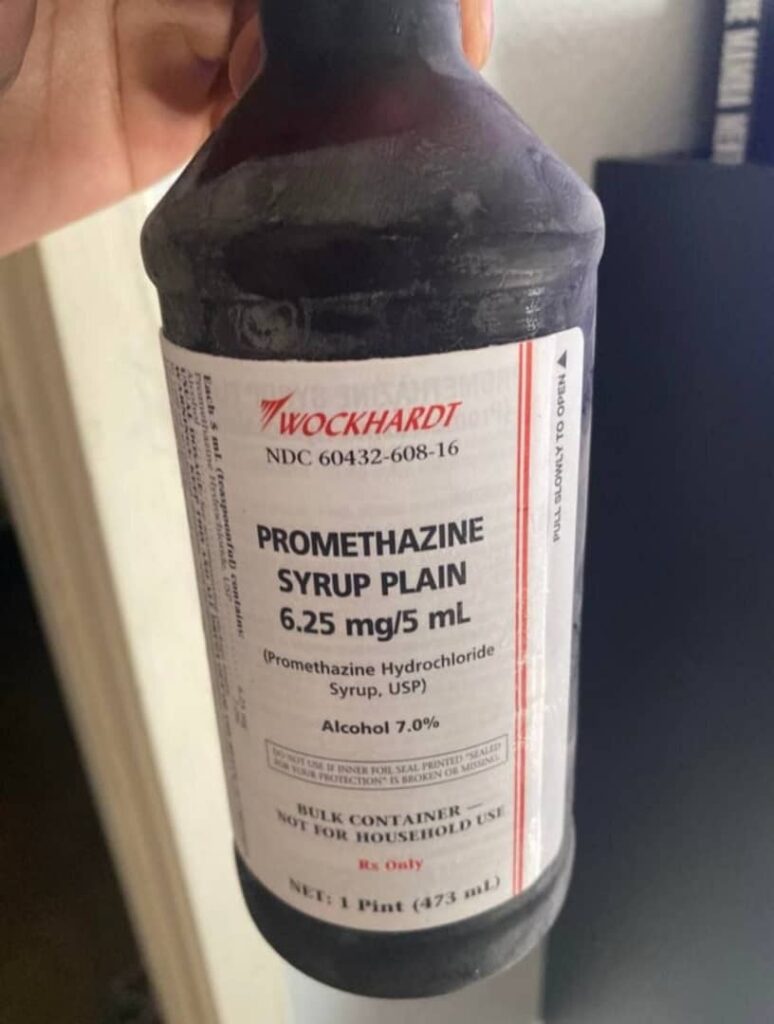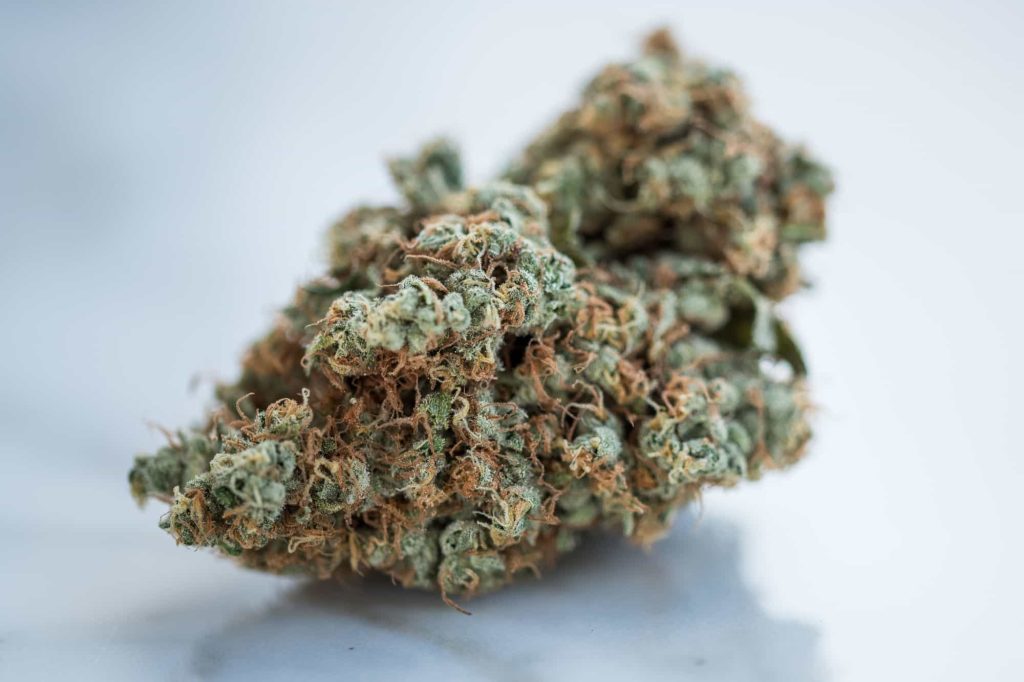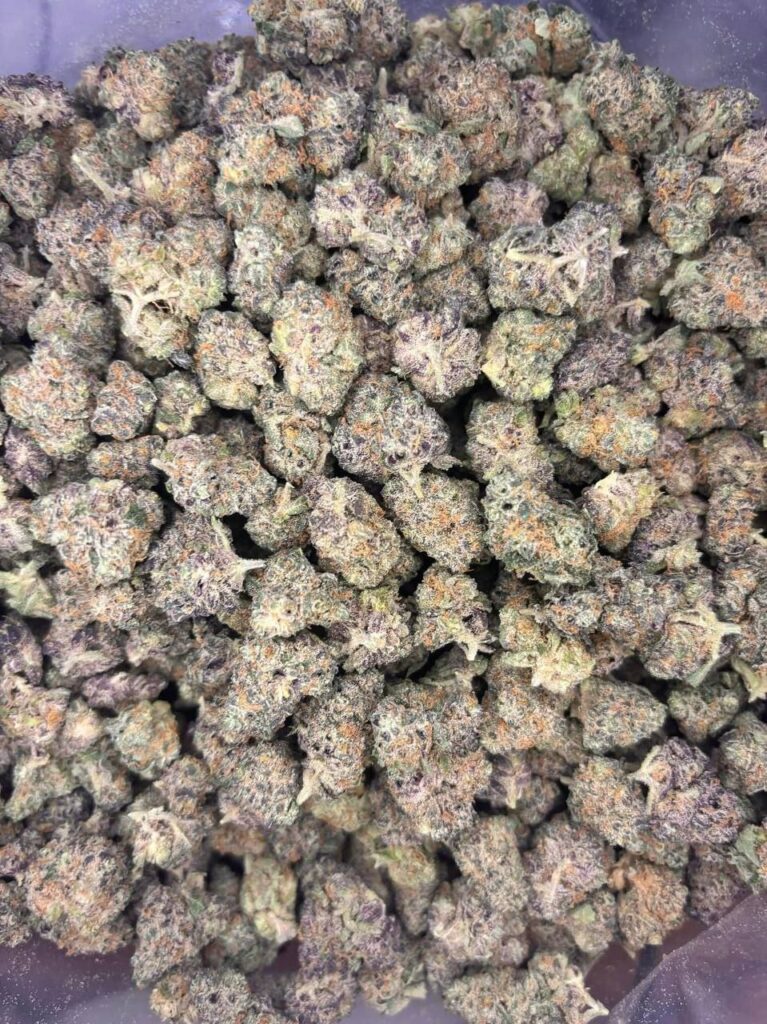Live rosin vape carts, j carts live resin, live rosin cartridges for sale, live rosin cartridges price, how much is live rosin a gram, z carts
Resin is a broad term that refers to a class of solid or semi-solid organic substances derived from plant secretions or synthetic sources.
Resins have been use by humans for thousands of years in various applications, ranging from art and crafts to industrial processes and medicine.
Here are some detailed notes on resin:
- Types of Resin:
Natural Resins: Natural resins are obtaine from plant sources, such as trees, shrubs, and certain insects. Examples include rosin (obtained from pine trees), shellac (derived from the lac bug), and dammar resin (extracted from Dipterocarpaceae trees).
Synthetic Resins: Synthetic resins are man-made polymers produce through chemical processes. They are often use as substitutes for natural resins due to their versatility and cost-effectiveness. Common examples include epoxy resins, polyester resins, and polyurethane resins.
- Properties of Resin:
- Viscosity: Resins can range from highly viscous liquids to solid materials, depending on their composition and processing.
- Adhesive Properties: Many resins exhibit excellent adhesive qualities, making them valuable in bonding materials together.
- Durability: Resins can be durable and resistant to environmental factors such as moisture, heat, and chemicals.
- Transparency: Some resins are transparent or translucent, making them suitable for applications where clarity is desire.
- Applications of Resin:
- Art and Crafts: Resin is commonly use in art and crafts for creating sculptures, jewelry, coatings, and decorative objects. Epoxy resin, in particular, is popular for casting and encapsulating artworks.
- Construction: Resins are use in construction materials such as adhesives, coatings, sealants, and composites. They provide strength, durability, and protection against environmental factors.
- Electronics: Resins are use in electronics for encapsulating components, insulating wires, and protecting circuit boards from moisture and contamination.
- Automotive: Resins are essential in the automotive industry for manufacturing parts, coatings, adhesives, and composite materials that enhance vehicle performance and durability.
DOD policy on cbd use
- Health and Safety Considerations:
- Some resins, especially synthetic ones, may emit volatile organic compounds (VOCs) during curing or processing, which can be harmful if inhaled in large quantities.
- Proper ventilation and personal protective equipment should be use when working with resin to minimize exposure to potentially hazardous fumes.
- Skin contact with uncured resin can cause irritation or allergic reactions in some individuals.
- Protective gloves and clothing should be worn handling resin.
- Live rosin vape carts, j carts live resin, live rosin cartridges for sale, live rosin cartridges price, how much is live rosin a gram, z carts
- Environmental Impact:
- The disposal of resin waste can have environmental consequences if not managed properly. Some resins are non-biodegradable and can persist in the environment for long periods.
- Recycling and proper disposal practices are essential to minimize the environmental impact of resin products.
In conclusion, resin is a versatile material with a wide range of applications across various industries.
live rosin carts price
Its unique properties make it valuable for artistic expression, industrial processes, and functional purposes.
However, it is important to consider health, safety,
and environmental factors when working with resin to ensure responsible use and minimize negative impacts.



